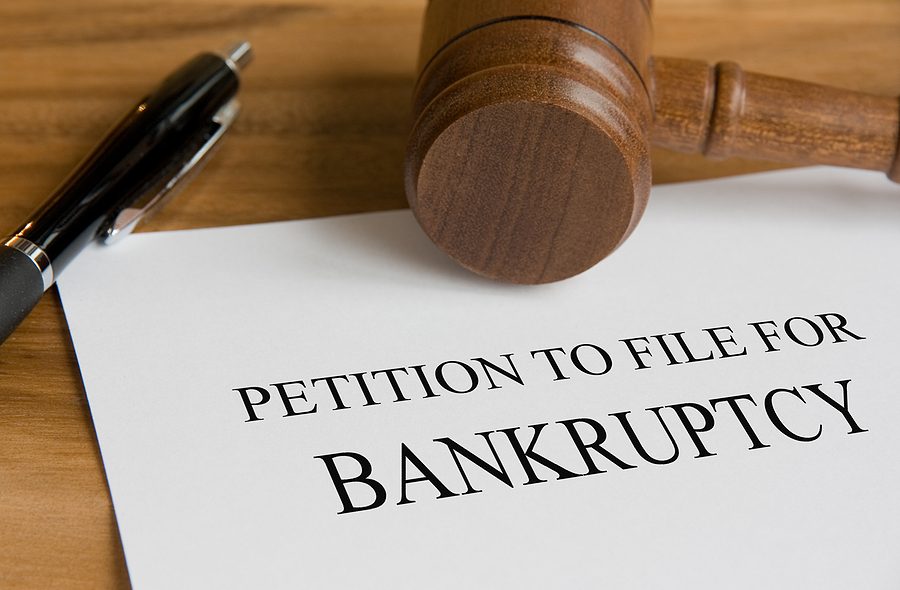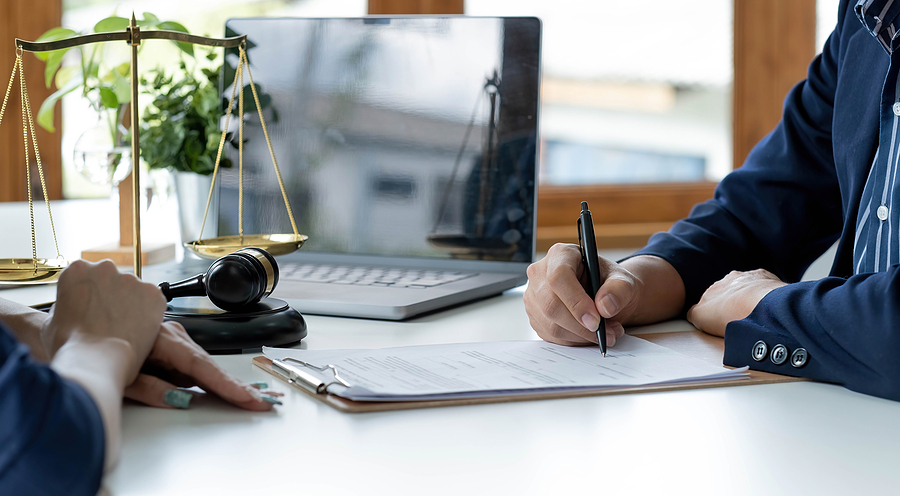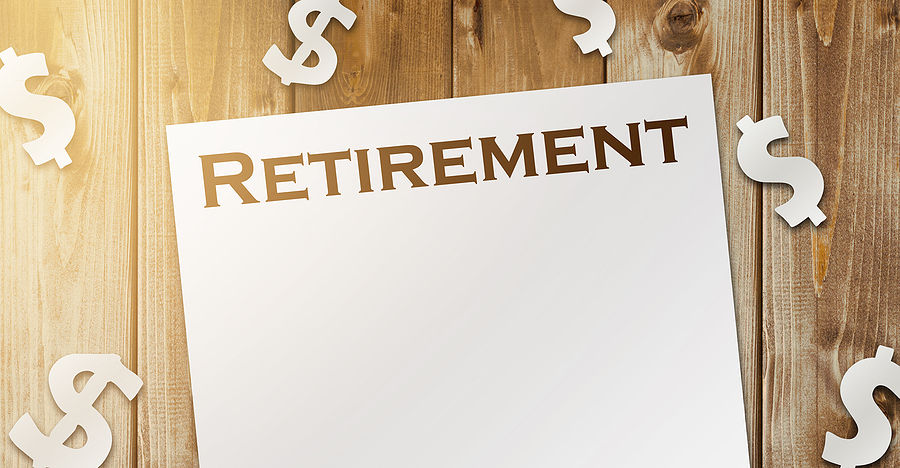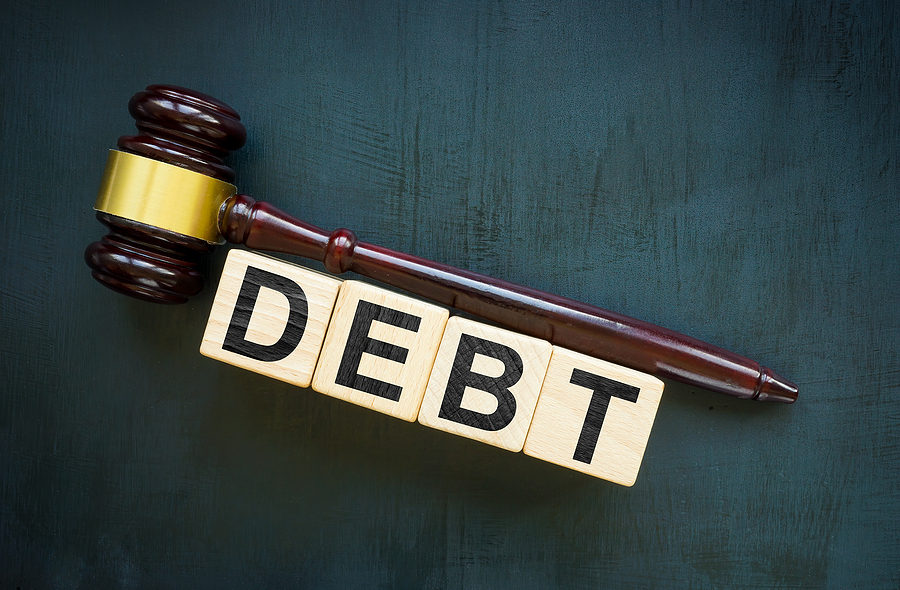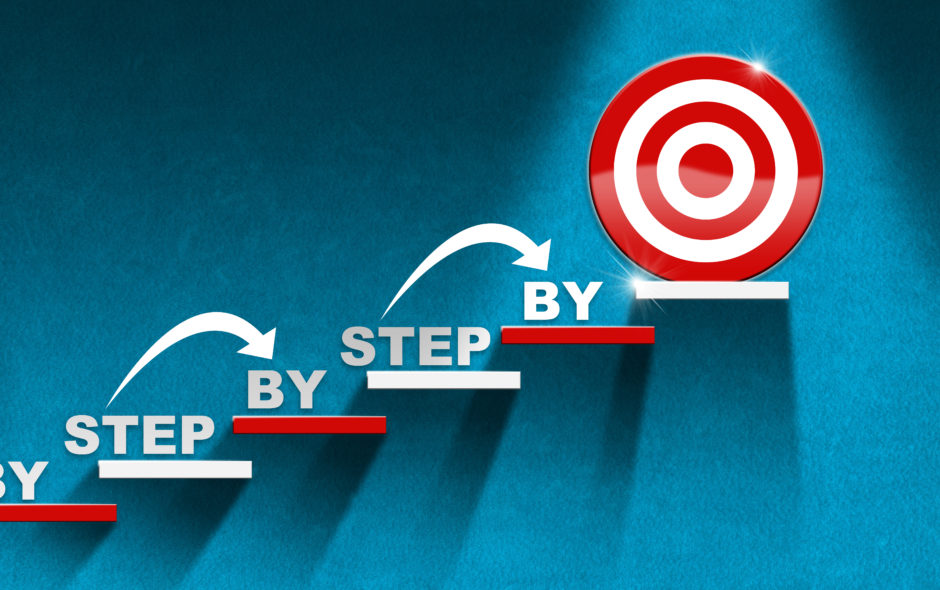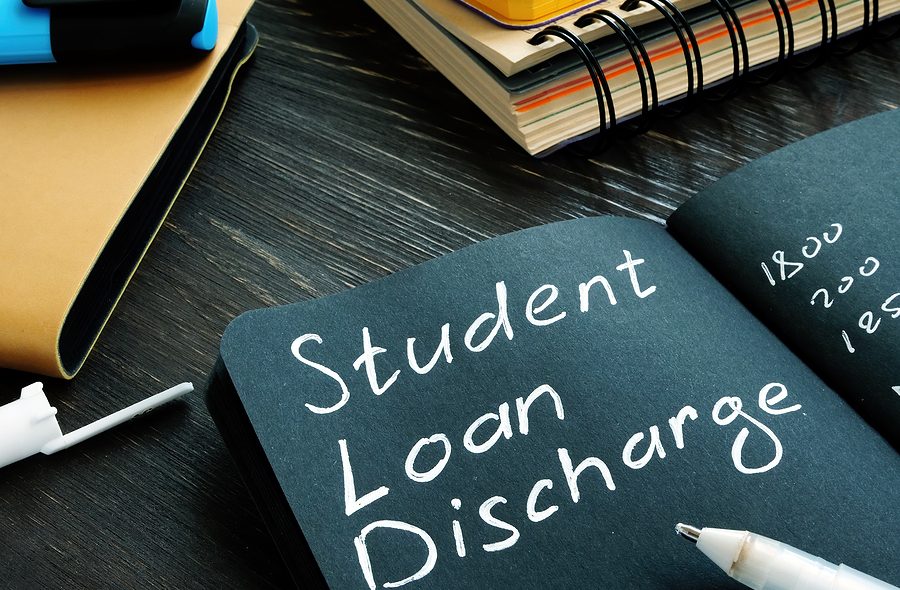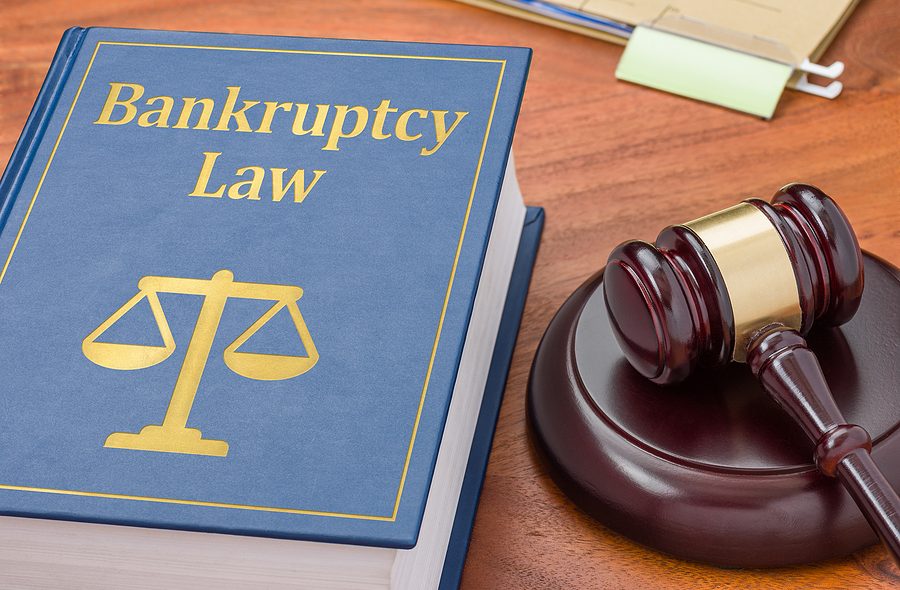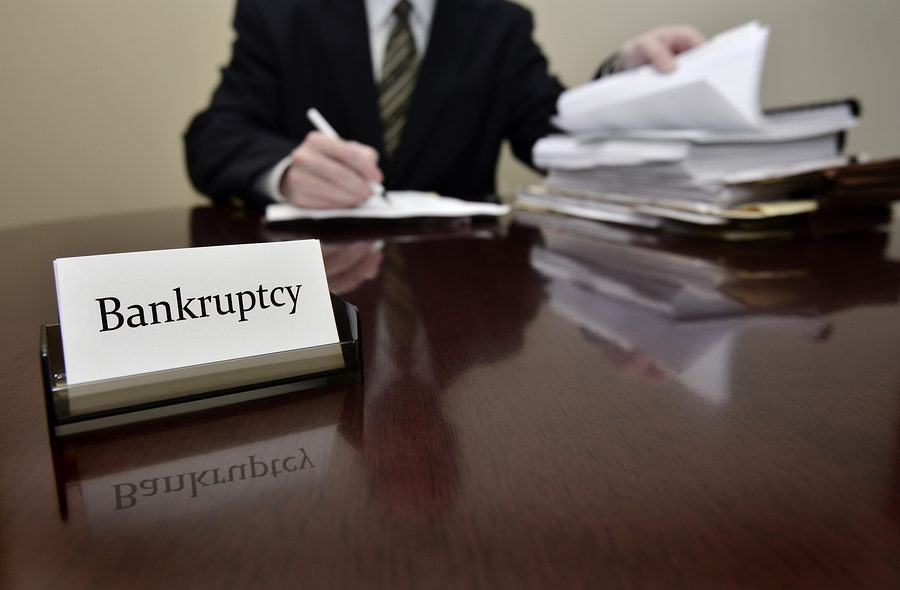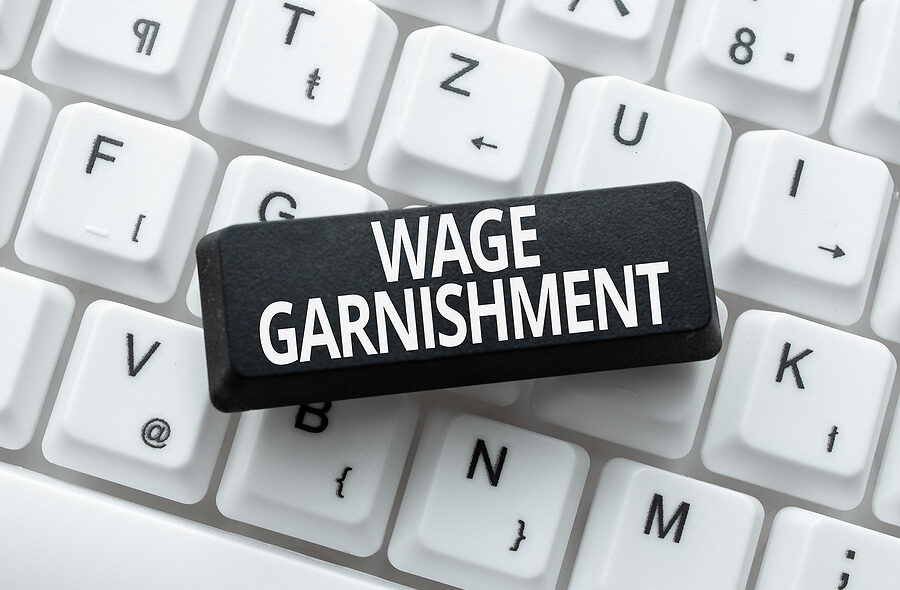When someone decides to file for bankruptcy, one of the most important decisions they will make is who will represent them in court and guide them through the bankruptcy process. Finding the right attorney can take time, but it is important that the filer does his or her research before hiring a bankruptcy attorney.
Bankruptcy Law
New Legislation Introduced To ‘Simplify and Modernize’ Bankruptcy Proceedings
New legislation has been introduced that could completely overhaul the consumer bankruptcy system. The legislation was proposed by two Congressional Democrats, Rep. Jerry Nadler (D-NY) and Sen. Elizabeth Warrant (D-MA) and is titled the Consumer Bankruptcy Reform Act of 2020 (CBRA).
Protecting Your Home During a Bankruptcy Case
One of the biggest fears bankruptcy filers have before proceeding with a bankruptcy case is the fear of losing their home. Depending on the type of bankruptcy case being pursued and whether the home has already fallen into default or even foreclosure, it is possible for filers to keep their home during a bankruptcy case.
Can I Keep My Retirement Accounts in Bankruptcy?
No one wants to lose their hard-earned savings in a bankruptcy case, especially retirement accounts. In fact, the fear of losing everything is one of the main reasons why consumers hold off on filing for bankruptcy. Most people work hard over the course of many years to build up a nest egg that they hope will carry them through retirement. The good news is retirement accounts are protected in bankruptcy. A law was issued in 2005, the Bankruptcy Abuse Prevention and Consumer Protection Act (BAPCPA), which gave protection to all types of individual retirement accounts, otherwise known as IRAs.
The type of protection depends on the type of IRA. Traditional IRAs and Roth IRAs are protected to a value of more than $1 million. However, SEP IRAs, SIMPLE IRAs, and most rollover IRAs receive full protection from bankruptcy creditors, no matter how much is in each account.
What Debts Are Not Erased in Bankruptcy?
Not all debts can be discharged in a consumer bankruptcy case under the U.S. Bankruptcy Code. These debts will remain with the consumer even at the successful close of the Chapter 7 bankruptcy case. While these debts may remain with the consumer, many of his or her other consumer debts will not. The goal is that with the discharge of other debts, the consumer will have extra money to be able to pay down these non-dischargeable debts.
For the most part, the consumer debts that are discharged include credit card debt, medical bills, past utility bills, personal loans and in some cases student loan debt. Many of these non-dischargeable debts cannot be eliminated due to public policy interests, such as child support.
Steps to Take Before Filing for Bankruptcy
Before filing for bankruptcy, certain steps should be taken by the consumer to ensure that the case goes smoothly and is successful. Many times, it can help to sit down with a bankruptcy attorney for a free consultation, to discuss any potential issues that could arise in the case and to ensure that all the proper steps are taken by the consumer before filing.
Stop using credit cards.
One of the reasons people file for bankruptcy is due to insurmountable credit card debt. As soon as someone decides to file for bankruptcy, it is always recommended that he or she immediately ceases using their credit cards. Bankruptcy courts will view creating more debt when the person knows that it will never be repaid as a form of bankruptcy fraud.
Democrat Lawmakers Push for Student Loan Debt Bankruptcy Reform
Discharging student loan debt through a consumer bankruptcy case has been next to impossible for borrowers facing a financial crisis. Bankruptcy reform advocates have been calling upon lawmakers to make this process easier for student loan borrowers with no success. Recently, several prominent Democrat lawmakers have called upon the president to help make these reforms through executive action. In addition, they have also sent separate requests to two federal agencies to do the same.
In order to receive a discharge for their federal student loan debt, borrowers facing a bankruptcy proceeding have been required to file a separate legal action within their already open bankruptcy case and to prove that they would suffer an “undue hardship” if forced to continue paying on their student loan debt.
How Much Debt Do You Have to Have to File Bankruptcy?
When it comes to filing Chapter 7 bankruptcy, the filer must meet a certain threshold when it comes to his or her debt-to-income ratio and qualify under the means test. However, there is no requirement that the filer carry a certain amount of debt to file Chapter 7 bankruptcy.
Federal bankruptcy law dictates the eligibility requirements to file Chapter 7 bankruptcy. The biggest of these requirements is the means test which compares the filer’s income to his or her debt. The means test is a two-step process. The first step requires looking at the consumer’s income as compared to Florida’s average income. If the filer’s income is higher than the median income for a household in Florida, the filer will need to then take the second part of the means test.
Do I need a lawyer to file bankruptcy in Florida?
Filing for bankruptcy can be an uncertain and intimidating process. Going through it alone can make the process that much more daunting. While an attorney is not a requirement for filing for bankruptcy, it certainly helps ensure that a bankruptcy case proceeds smoothly.
A bankruptcy attorney will meet with the client first during a consultation to discuss the person’s financial situation to determine whether he or she needs to file for bankruptcy. Occasionally, it can be in the client’s best interest to wait before filing, but he or she may not realize that until talking through the situation with an attorney.
How to Stop a Wage Garnishment in Florida
Wage garnishment is a legal process in which a person’s earnings are required by court order to be withheld by an employer for the payment of a debt.
Filing for bankruptcy in Florida puts an automatic stay on wage garnishment, which immediately stops Florida wage garnishment. The automatic stay lasts for as long as the bankruptcy. With the automatic stay in place, you will be able to take home your entire paycheck.

